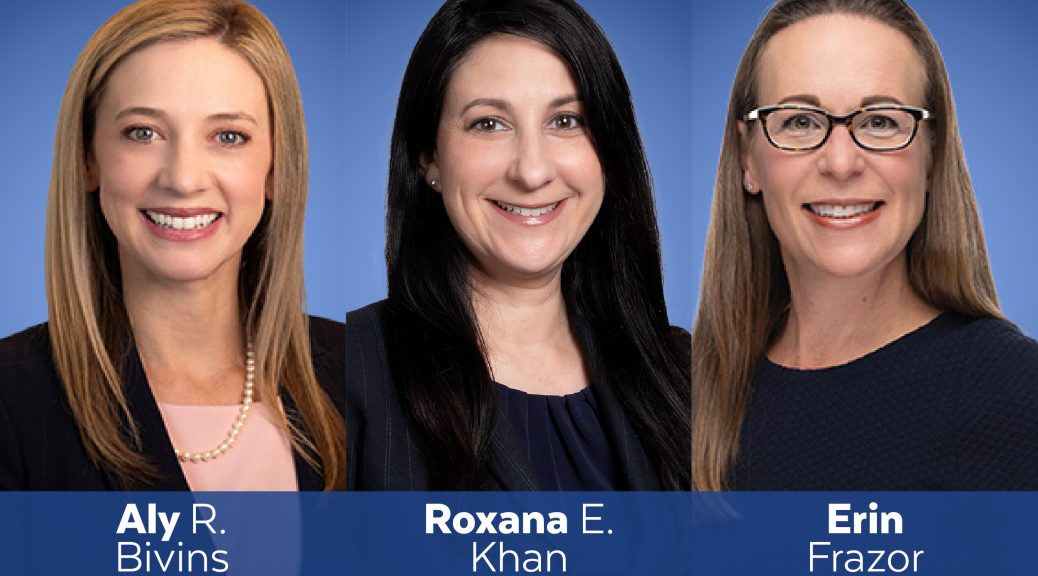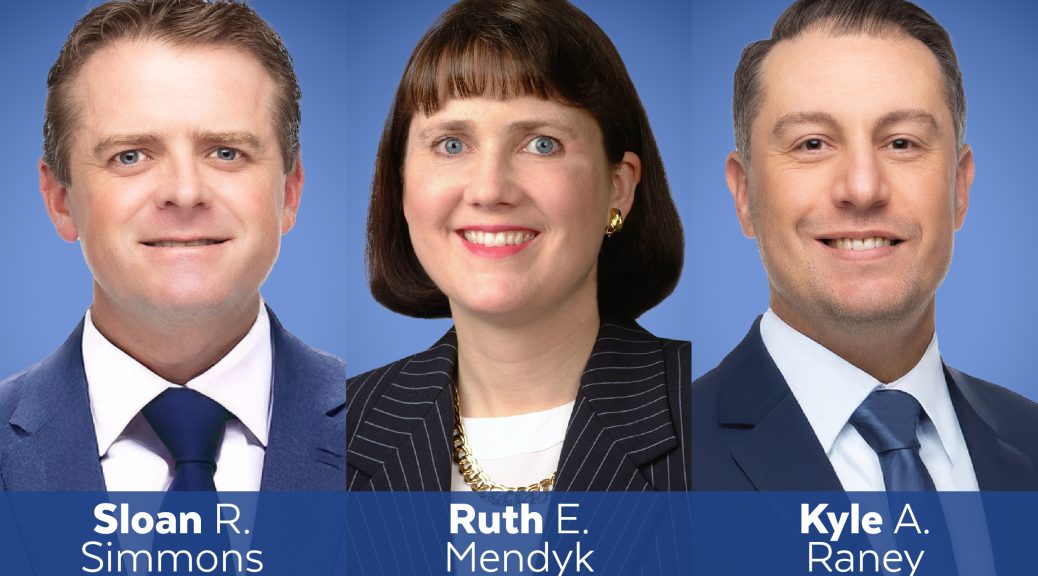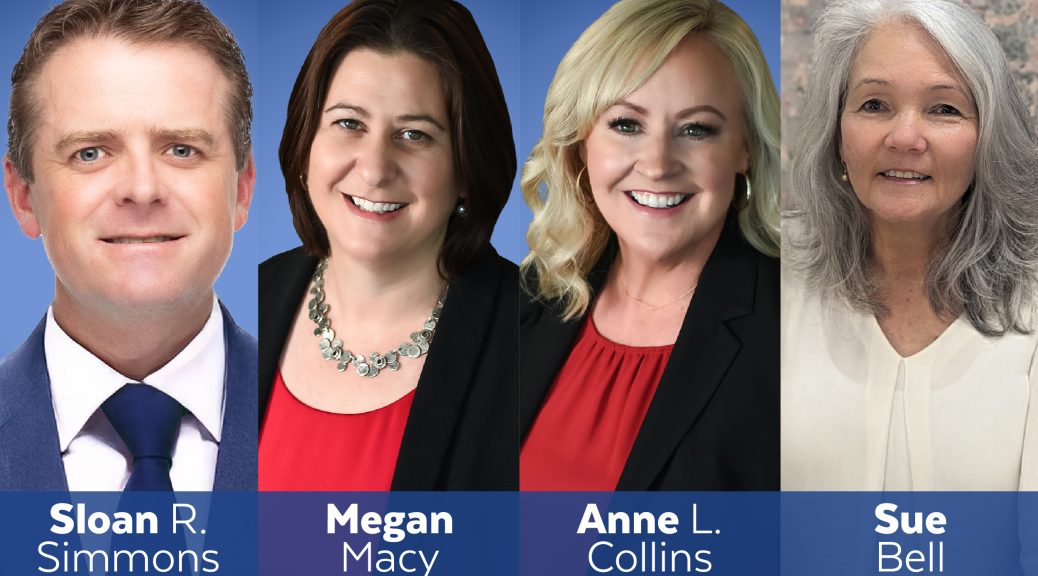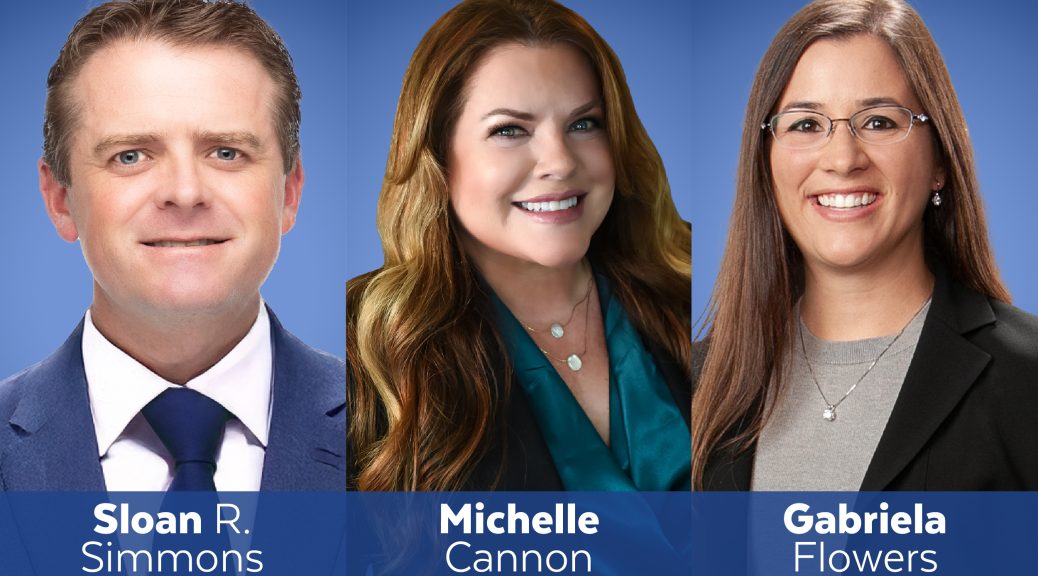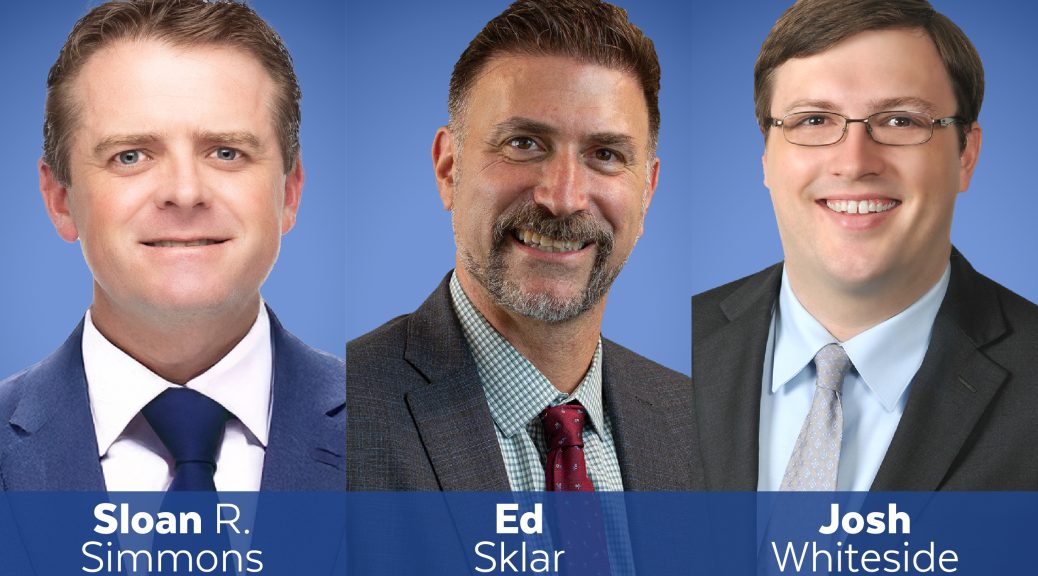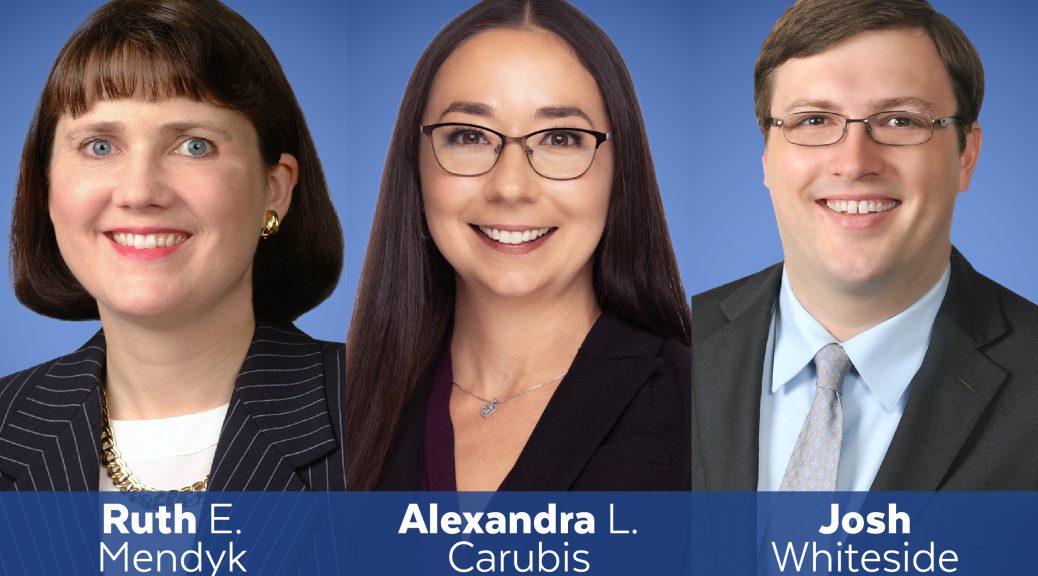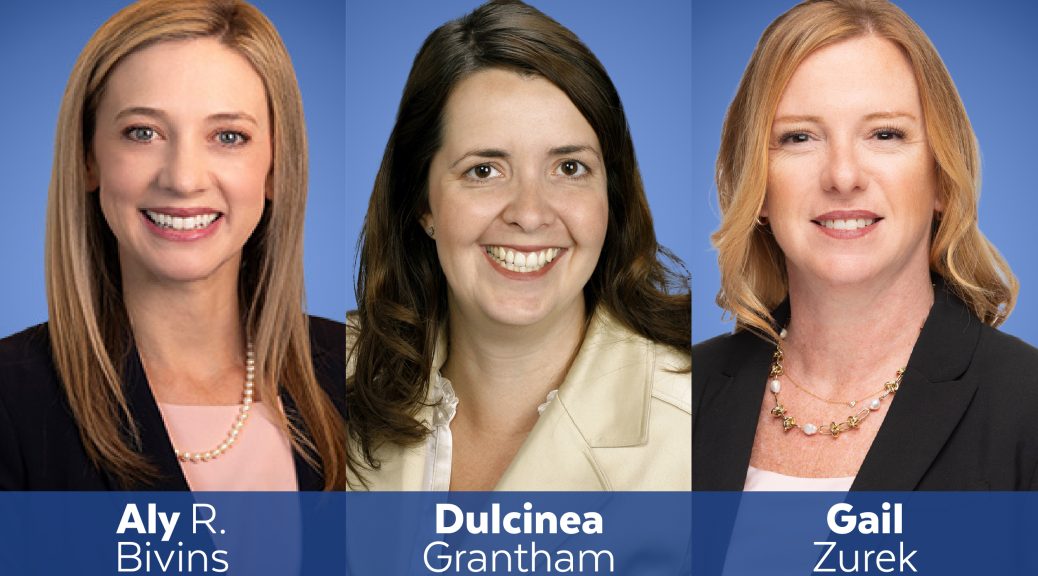
Episode 95 From Resume to Red Flag: District Responsibilities Under AB 2534
Podcast: Play in new window | Download (Duration: 31:26 — 43.9MB) | Embed
Subscribe: Spotify | Email | TuneIn | RSS | More
When it comes to hiring certificated staff, the process is now more complex and challenging. In this episode, host Aly Bivins connects with Lozano Smith attorneys Dulcinea Grantham and Gail Zurek to unpack the key provisions and implications of Assembly Bill (AB) 2534, focusing on legal obligations for Local Education Agencies related to certificated employees and egregious misconduct. Packed with FAQs, explanations of key obligations, and steps for practical compliance, this episode is essential listening for HR teams, administrators, and anyone involved in the certificated hiring process.
Show Notes & References
- 1:24 – Assembly Bill (AB) 2534 and impact on certificated employees (Education Code section 44939.5) (Client News Brief 47 – November 2024)
- 3:02 – Who is affected by AB 2534 (employees and Local Education Agencies (LEAs))
- 4:59 – The definition of “egregious misconduct”
- 6:52 – New obligations under AB 2534
- 7:47 – Obligations for LEAs responding to requests
- 12:49 – Issues regarding non-responsive LEAs
- 13:30 – Timelines for responses from LEAs
- 15:32 – Substitute teachers
- 16:25 – Steps for a hiring LEA that receives a report of egregious misconduct
- 18:36 – Disclosing reports to applicants or former employees
- 20:17 – Caution regarding what information LEAs provide to CTC (California Commission on Teacher Credentialing)
- 24:44 – What to do about information inadvertently not reported to CTC
- 23:34 – Common questions LEAs are facing
- 27:45 – Quick tips for LEAs
For more information on the topics discussed in this podcast, please visit our website at: www.lozanosmith.com/podcast.
